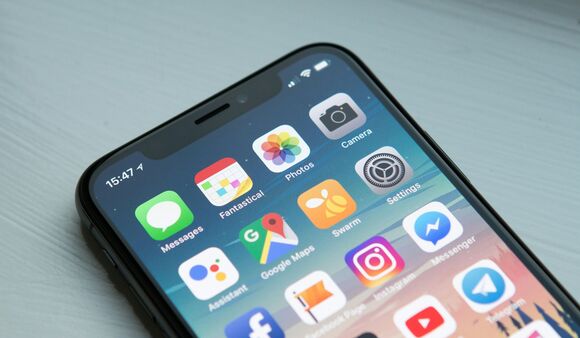Key Takeaways
- iOS 27 will focus on performance and bug fixes, adopting a ‘Snow Leopard’-style approach.
- AI enhancements, including a revamped Siri and new AI tools, are central to the update.
- The update will also lay the groundwork for future hardware like foldable iPhones.
Apple is planning a major strategic shift with iOS 27, focusing on stability and performance over flashy new features, according to a new report. This comes after years of user complaints about bugs and delays, positioning the upcoming update as a potential return to Apple’s core software strengths.
Apple’s New Quality-First Update Strategy
As per a report by Bloomberg’s Mark Gurman, Apple is not planning iOS 26-style sweeping changes for its new OS. Instead, the focus is squarely on improving the software’s underlying quality and performance.
The company is reportedly adopting a ‘Snow Leopard’-style update policy, named after the acclaimed 2009 Mac OS X release that prioritised bug fixes and efficiency. This approach involves rewriting core software components, removing outdated code, and clearing system bloat to make iPhones and iPads faster and more stable.
While Apple has wanted to bring this quality-first mindset to its mobile operating systems before, intense market competition has previously prevented it.
What Could iOS 27 Offer Users?
Engineering teams are currently combing through Apple’s operating systems to hunt for bloat and bugs to eliminate. The goal is to find every opportunity to meaningfully boost performance and overall quality.
The update is also said to lay the groundwork for future hardware, including .
The report highlights that AI and performance will be the two biggest pillars of iOS 27. The most significant AI change will be the full integration of the revamped Siri, set to debut with iOS 26.4, with additional apps being woven into the experience. This could include a health-focused AI agent and an AI-powered web search tool designed to challenge and Perplexity.
Apple is also internally testing a full-fledged chatbot app called ‘Veritas,’ which serves as a text-based proving ground for the re-architected Siri. The company does not plan a standalone chatbot app for consumers, but this internal work is laying the foundation for Apple’s deeper push into the AI category.





